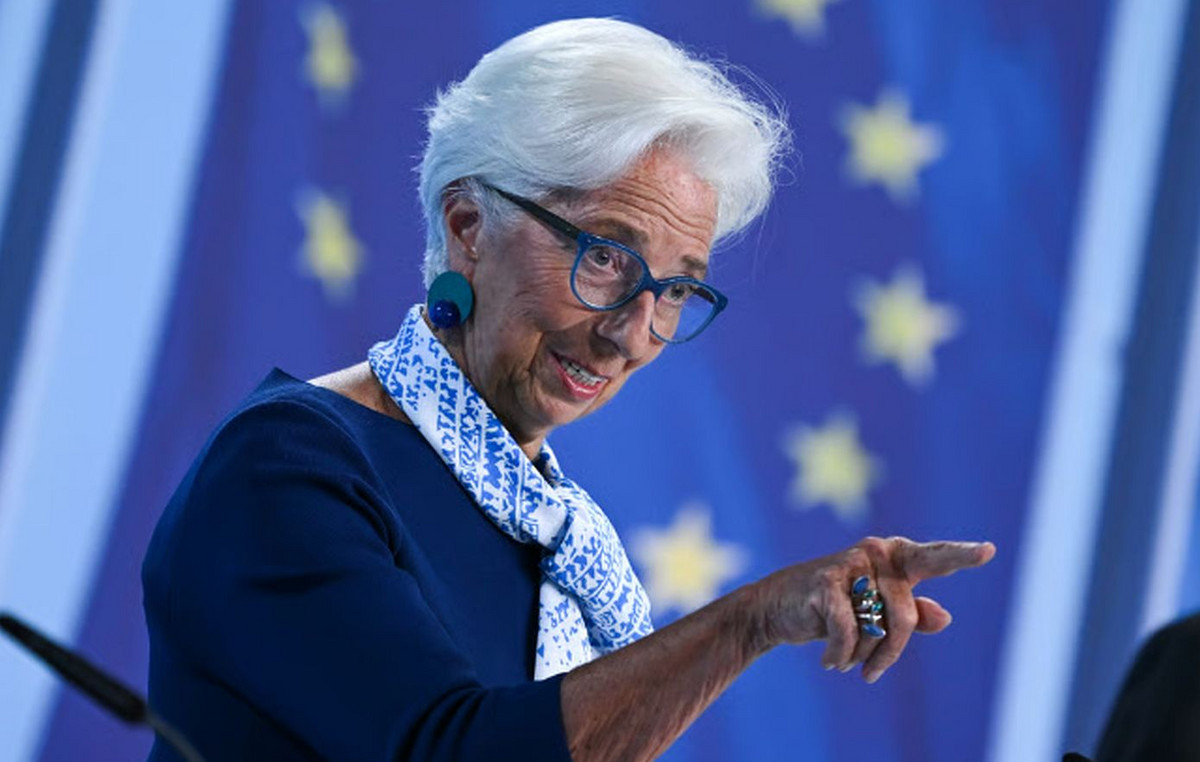Diplomatic relations between Argentina and Colombia entered an unprecedented phase this week, after statements by President Javier Milei about Gustavo Petro, whom he called a “terrorist murderer” in an interview with CNN . In response, Colombia expelled Argentine diplomats from the country.
According to researcher Juan Pablo Laporte, professor of Argentine Foreign Policy at the University of Buenos Aires: “When presidents speak, they construct the political-diplomatic reality”, he explains. Therefore, he warned that the conflict is escalating until it ends in the “worst case scenario”, which would be the withdrawal of ambassadors and, finally, the rupture of relations.
“This must be interrupted, called for consultations, keep the relationship at its maximum political level, try to get the foreign diplomats to talk and negotiate a point of agreement. The bonds are much more nourishing than presidents express. They have multiplier effects,” she concluded.
The steps of diplomatic tension
On the scale of the measures, the situation was very close to the breakdown of relations, which could affect consular services for citizens.
In this way, the announcement by the Colombian Foreign Ministry skipped the usual first steps of an escalation of tension between two countries. The first sign of diplomatic discontent is usually the summoning of an ambassador to the headquarters of the Ministry or Foreign Affairs Secretariat to provide clarifications.
If the situation worsens, the usual next step is the declaration of persona non grata and the expulsion of diplomats, with that of the ambassador being a measure of particular resonance, as it marks a point whose return requires formal steps such as the eventual acceptance of a new ambassador.
This path is marked by use and custom, without it being mandatory to follow each of these steps.
Until now, an expulsion of diplomats or the ambassador himself does not imply the closure of the embassy and consulate, which can continue to operate and serve the public, under the direction of a chargé d'affaires or another member.
Subsequently, a State may declare a temporary suspension, with the withdrawal of almost all diplomatic personnel and the maintenance of essential activities. Then, finally, the permanent suspension of diplomatic activity in the country, which implies the rupture of bilateral relations. It is the last step at the diplomatic level.
However, not everything is written in stone. For example, relations between Chile and Bolivia have been formally broken since 1978, but both maintain consular ties.
The Vienna Convention on Diplomatic Relations, in force since 1964, does not specify a formal method for a rupture of relations, but indicates, in article 45, that in this case “the receiving State will be obliged to respect and protect, even in the event of armed conflict, the mission locations, as well as its assets and archives”.
What about citizens?
During recent years, Colombians have not been able to carry out any consular duties in Venezuela due to the breakdown of relations between Bogotá and Caracas, which were reestablished with Petro's arrival in power.
When these diplomatic offices are closed, the consequences directly affect foreigners from the country involved, who are unable to carry out consular procedures in that country, such as renewing a passport or requesting documents.
“Citizens, trade, investments: everything bilateral is affected by the instrumentation of a rupture in relations. And also the climates and contexts generated, possible hostility”, said Laporte, member of the Argentine Council for International Relations (CARI).
More than 110,000 Colombians live in Argentina, a migratory phenomenon that has gained strength in recent decades, largely by university students.
Therefore, although these are not two countries that do not require a visa for tourist trips, there is intense consular activity.
“The current situation is unfavorable for trade and investments, educational and scientific exchange, cooperation, the State in its diplomatic expression (…) In itself it is a serious conflict, it is escalating to the maximum level”, added Laporte.
Source: CNN Brasil
Bruce Belcher is a seasoned author with over 5 years of experience in world news. He writes for online news websites and provides in-depth analysis on the world stock market. Bruce is known for his insightful perspectives and commitment to keeping the public informed.







